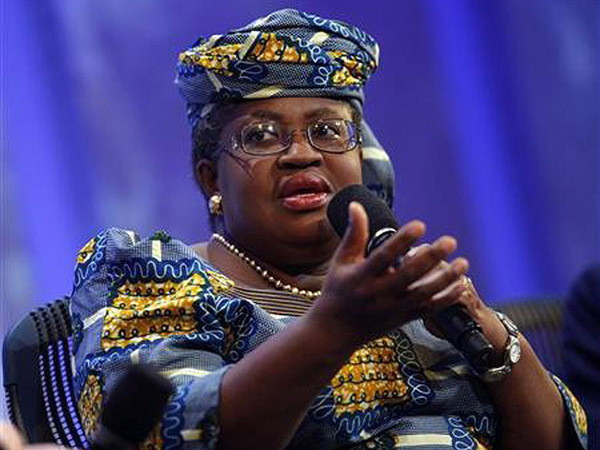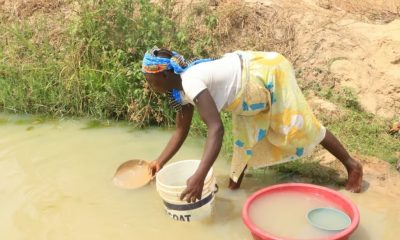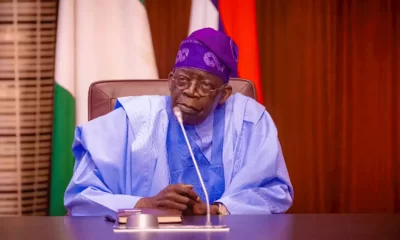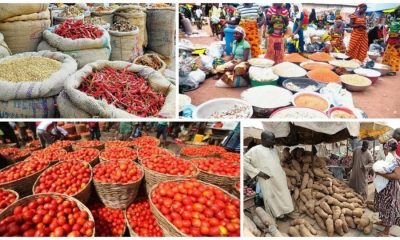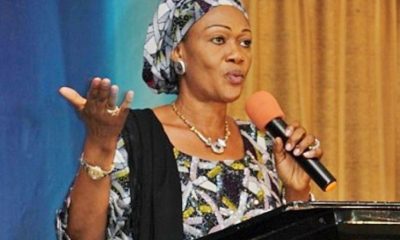As experts in Nigeria bewail the nation’s rising debt profile, and the federal government insists there nothing yet amiss, the figures across Africa can be more revealing.
At the Wednesday African Development Bank High Level Knowledge themed ‘From Debt Resolution to Growth: The Road Ahead for Africa’, Nigeria’s debt figures and other African countries were discussed, and Nigeria’s seems the least indebted of all the heavy borrowers in Africa.
While Zainab Ahmed put the federal government debt at 29 percent (excluding states’) of the GDP, Ngozi Okonjo-Iweala, WTO chairperson, who also attended events added an upper limit of 35 percent to Nigeria.
“Amid falling prices and demand for oil worldwide, Nigeria’s debt to GDP ratio rose from 29 to 35 per cent; Algeria from 46 to 53 per cent, and Egypt from 84 to 90 per cent, Angola from 107 to 127 per cent,” the former Nigeria’s finance minister said.
“Debt to GDP ratios also increased for non-oil exporters including South Africa from 62 to 77 per cent. Morocco from 65 to 76 per cent.”
But being at the bottom of the pile doesn’t exclude Nigeria from the debt burdens.
“Even where debt to GDP or where debt to export ratios were not very high, tighter access to dollar financing because of the COVID-19 crisis means we are already seeing places where scarce foreign exchange is going to fund debt repayment instead of capital investment,” she added.
Besides that, poverty remains one of the dire consequences. Millions are already affected
According to the event organizer, President of the AfDB, Akinwumi Adesina, the cumulative total debt in Africa was higher than cumulative government revenue.
In 2019, Africa’s total outstanding debt was $841.9bn, while total government annual revenue was $501bn.
“Africa’s GDP declined by 2.1 per cent in 2021. Growth is projected to recover to 3.4 per cent by 2021 and 2022. Africa’s cumulative GDP declined by $145bn to $190bn.
“Millions fell into extreme poverty on the continent. Thirty-nine million Africans could fall into poverty by the end of 2021.”
But Ahmed said Nigeria is struggling to plug those gaps, using fiscal discipline among other tools, to expand fiscal space for financing infrastructure and debt servicing.
“We are cutting costs, we are improving the ease of doing business, trying to leverage private sector resource capacity to invest in infrastructure to reduce government spending,’ she said.
“We are working on increased transparency in public financial management; we are enforcing fiscal discipline to expand our fiscal space so that we can continue to service our debt and borrow more to build our infrastructure capacity.”
The federal government alone is currently indebted to China, the IMF, the World Bank, and others to the tune of N33 trillion.

 Football7 days ago
Football7 days ago
 Health & Fitness19 hours ago
Health & Fitness19 hours ago
 Aviation1 week ago
Aviation1 week ago
 Featured5 days ago
Featured5 days ago
 Comments and Issues6 days ago
Comments and Issues6 days ago
 Education6 days ago
Education6 days ago
 Business6 days ago
Business6 days ago
 Education1 week ago
Education1 week ago
